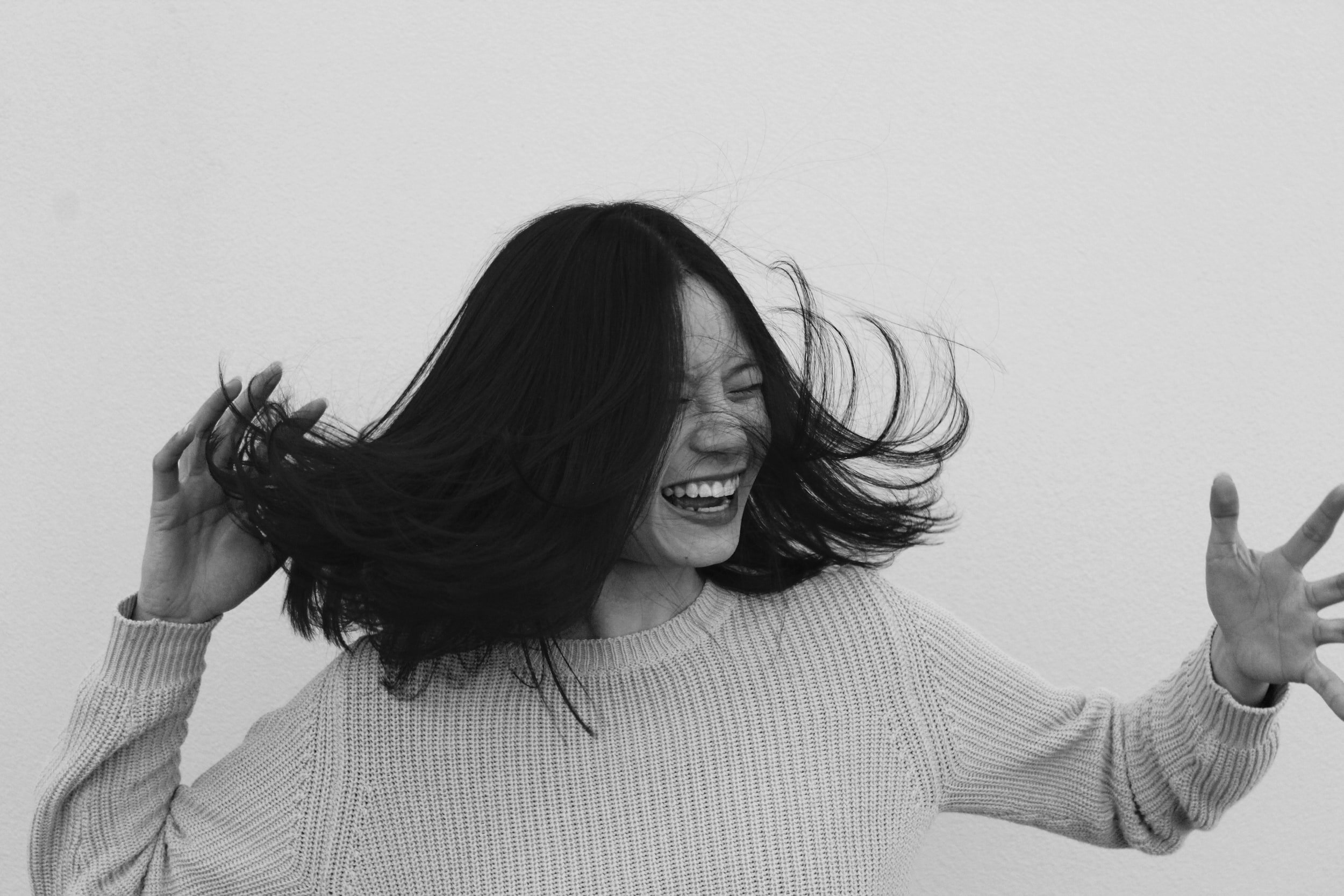Minimalism: A Lifestyle that Helps Find Calm in Everyday Chaos
What first comes to your mind when you think of minimalism? Hippies dancing around a bare house? A man with no shoes? Let me introduce you to a different perspective on this wonderful movement.
Picture this. Exhausted, you return home from a long day at work. You walk into your kitchen and begin cooking. You open the pan cupboard. Pans fall to the floor, making a stress-inducing clatter.
Two frying pans. Two strainers. Something that you don’t even know the name of and have never even used.
Defeated, you make yourself a cup of tea. Opening the mug cupboard, you see eleven mugs. Even on those heavy tea-drinking days, there’s always two left untouched or two on the draining board. You say they are for guests, but have you ever had eleven people want a cup of tea at once? If so, keep them! If not, maybe reconsider if you need them.
There are three wooden spoons in your utensil drawer, and a stack of untouched recipe books on the side.
In your linen cupboard, you have three sets for every one bed. In your living room, a box full of DVDs. We won’t even get started on the wardrobe.
Not everyone’s home will have this exact number of things, but hopefully this example makes you reconsider things in your house you perhaps don’t need. This process will be unique to everyone. For example, online streaming services could replace that box of DVDs in the corner of your living room. There is only ever going to be one linen set on each bed (plus one for changing). Think about how many coats you actually need.
Minimalism takes away the stress caused by excess things. Excess is a very important word for minimalists. You see, minimalism isn’t about restriction. If you enjoy owning one hundred books, keep them. If having a drawer packed full of clean tea towels is useful to you, then keep filling up that drawer! If you like having loads of clothes, keep it up!
It is about being intentional with your belongings. It is about utilising the items you have by asking yourself, “Do I use this? Do I need this?” If the answers to both of those questions is yes, keep that item. If it is a no, ask yourself if it adds joy to your life. If it doesn’t, get rid of it. Minimalism is about making the most of the space that you have; those who identify as minimalists find that they don’t need that extra room or two as they have less stuff to fill them with. This has led to them downsizing their homes and saving money. Obviously, if you are interested in pursuing a minimalist life, you don’t have to downsize if you don’t want to.
Being intentional with your stuff means that every item of clothing is your favourite clothing. You love wearing them. Every book on your shelf is your favourite book. Every piece of cutlery, every kitchen utensil, and every table in your home is necessary. Everything has an intentional place in your home. Harmony reigns in your household.
If you want to see how much you really need in your life, pack up and label your stuff so that you know where everything is. Throughout a three week or month period, get out things that you use. By the end of the experiment, you will find that there are lots of items left in the boxes. Take out things that add value to your life. These could be paintings, photos, or sentimental items from lost loved ones. Or a cardboard cut-out of your favourite celebrity. Don’t forget to consider seasonal changes. Donate or throw away the rest.
Living intentionally can help you live in a serene state of relaxation. Try it and see for yourself.
Alice Mason is a third year university student studying English Literature.











